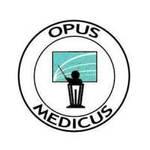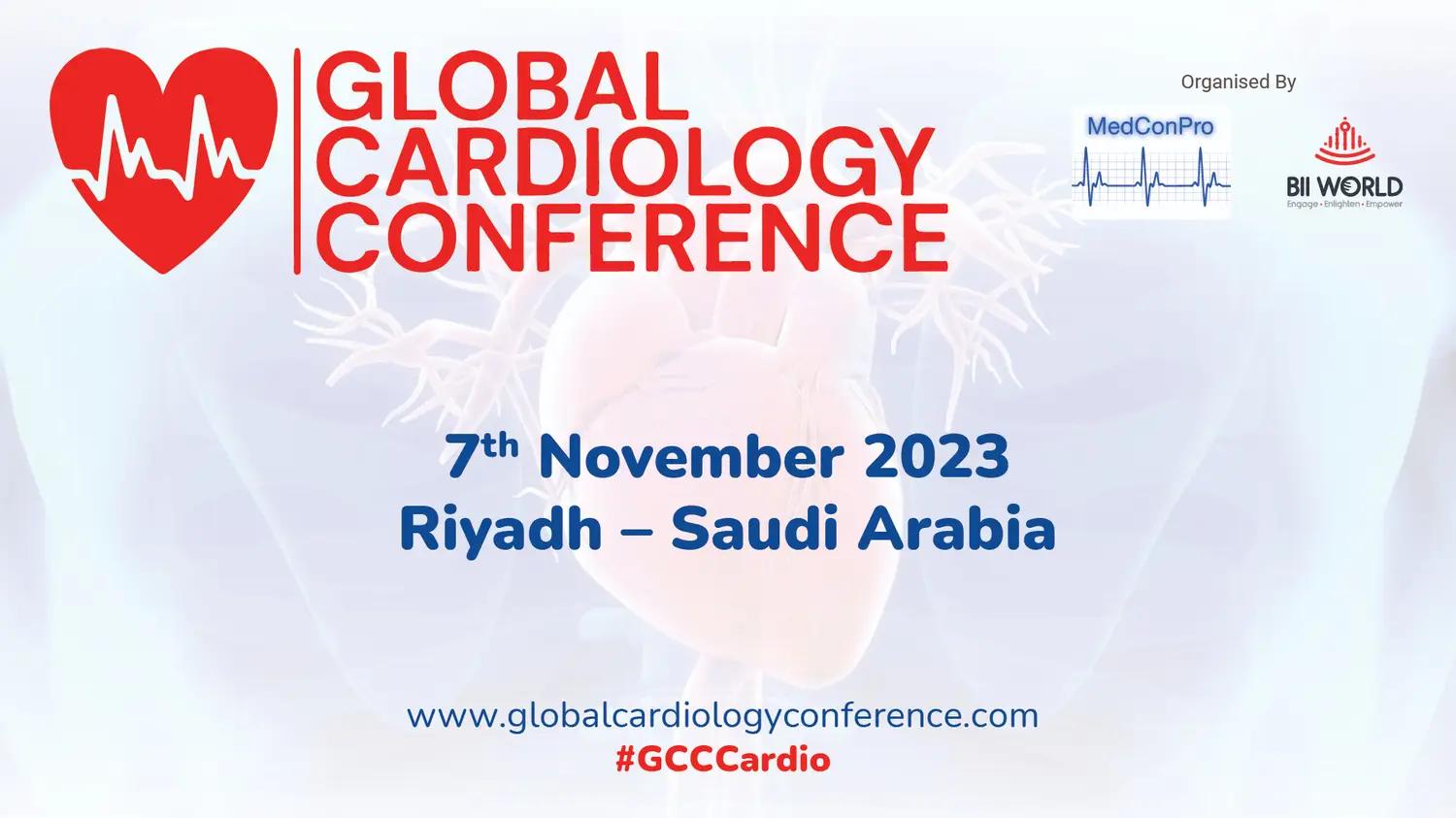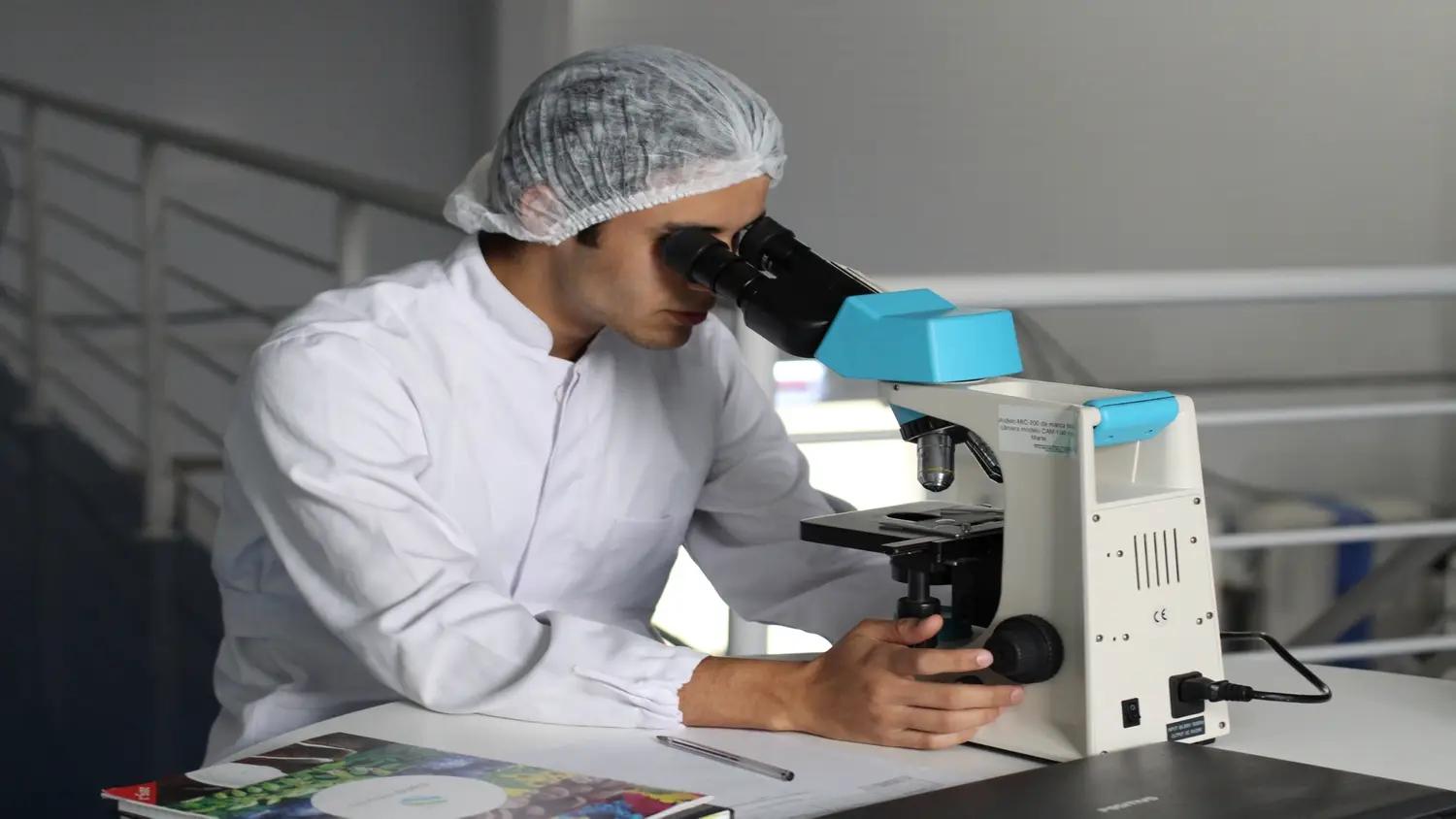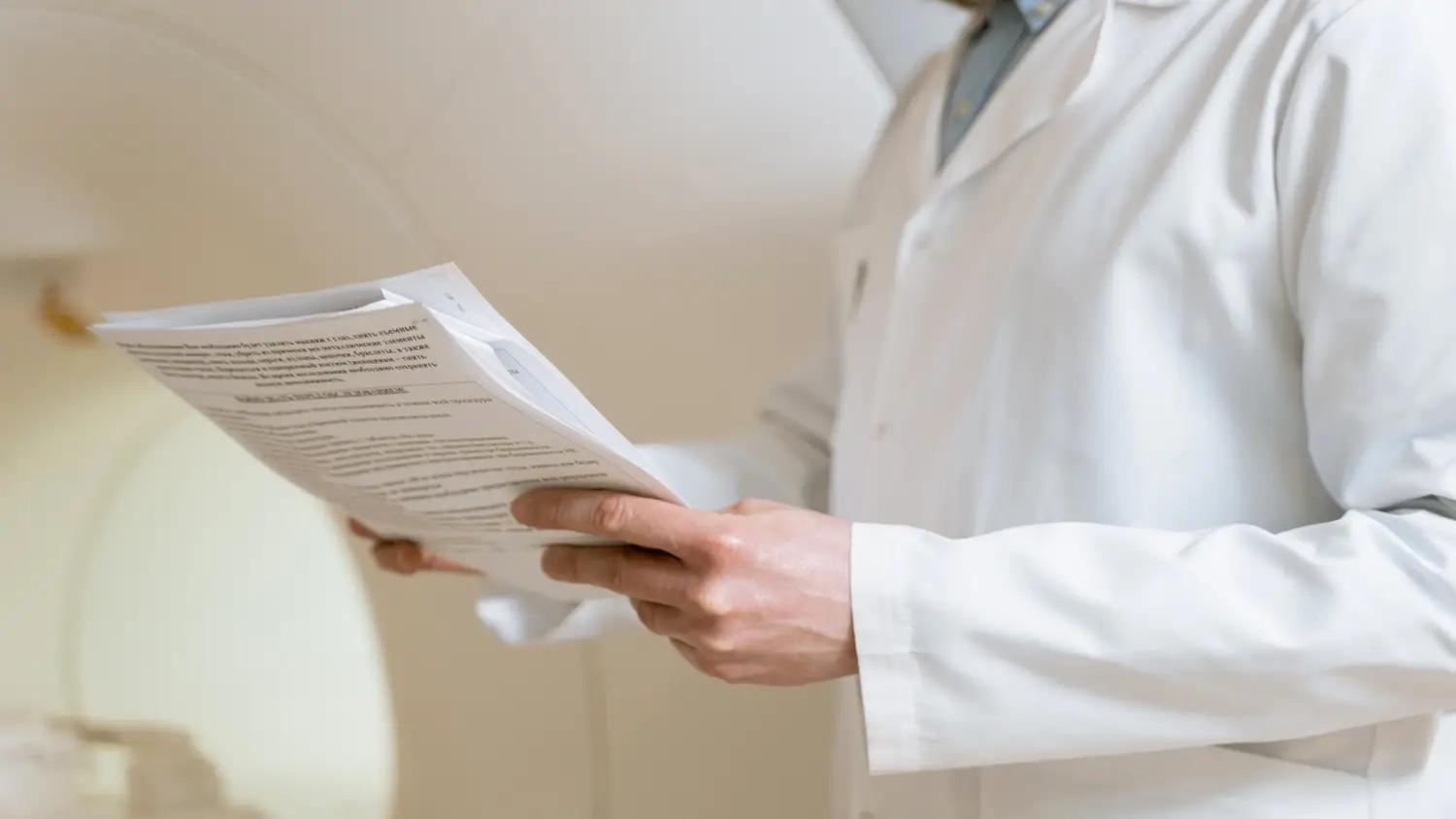
Low-Density Lipoprotein Apheresis for Preventing Recurrence of Focal Segmental Glomerulosclerosis after Kidney Transplantation
 hosted byOpus Medicus, Inc.
hosted byOpus Medicus, Inc.Low-Density Lipoprotein Apheresis for Preventing Recurrence of Focal Segmental Glomerulosclerosis after Kidney Transplantation is organized by Opus Medicus, Inc.
Course Dates:
Offered Date: 26-May-2021
Expiration Date: 25-May-2024
Description:
Nephrotic syndrome can be particularly challenging after renal transplantation. This is because the treatment of nephrotic syndrome involves immunosuppression which transplant patients already have received. Focal Segmental Glomerulosclerosis (FSGS) is the most challenging of the nephrotic syndromes post-transplant. In this course, we will be discussing diagnosis and treatment strategies for recurrent FSGS after kidney transplantation.
Objectives:
• Describe the effect of hyperlipedemia on chronic progressive glomerular disease and tubulointerstitial injury.
• List the current techniques of LDL apheresis and identify the most efficacious treatments for removal of LDL and lipoprotein.
• Explain the mechanisms of action and risks associated with LDL apheresis.
Topics:
• The diagnosis of FSGS and the particular challenges associated with this diagnosis.
• Treatment options for FSGS post transplantation.
• Importance of adequate and prompt treatment for FSGS.
• LDL apheresis as a novel therapy for drug-resistant primary FSGS and post renal transplant FSGS reoccurrence.









